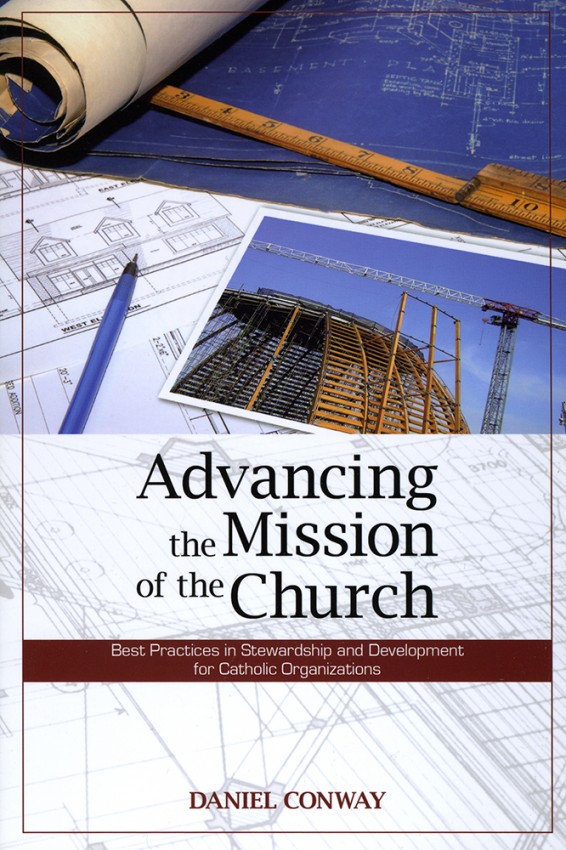In spite of the embarrassing and hurtful scandals, the work of the Lord—the proclamation of the Gospel, the passing on of the faith to the next generation, and care for the poor and marginalized—must continue. (Cardinal Joseph W. Tobin, C. Ss. R., Archbishop of Newark)
Dioceses through the United States are once again asking themselves “How can we possibly ask our people to contribute to the annual appeal, Diocesan capital campaign or other fundraising efforts? There is so much confusion and anger among Catholics right now. Will they really take our stewardship and development efforts seriously?”
These are serious questions as anyone who has had to answer angry phone calls or letters will attest. What’s the solution—if there is one?
First of all, there’s no point in denying people’s hurt and anger. It’s real and it has consequences. The days of sweeping uncomfortable truths under the carpet—or hoping that if we ignore them long enough they will go away—are long gone. That’s what got us in this mess in the first place.
The demand for transparency and accountability must be taken seriously. If we are to continue teaching stewardship as a way of life, and if we want to develop urgently needed human and financial resources for the Church’s ministries, we must be open and honest about the fact that the prayerful support of the Catholic community is needed now more than ever.
It would be easy to shy away from this subject. Asking for money is difficult under the best of circumstances. In a time of scandal, Church leaders are often paralyzed, fearful that their requests for help will be rejected out of hand. It takes courage, and an extraordinary degree of confidence in God’s grace, to raise money in difficult circumstances when people have begun to lose faith in religious leaders.
All the more reason to be straightforward and direct. As Newark Cardinal Joseph W. Tobin, who is under attack from many different sides, says simply: “The work of the Lord must continue.” He goes on to say that he understands people’s hurt and anger. “Are you mad at me? Angry at the pope and all the bishops? I get it. We deserve it. But please don’t take out your anger on the people we are called to serve. In spite of the scandals facing our Church, Christ’s work—proclaiming the Gospel, handing on the faith and serving the poor—must continue.”
Here are three suggestions for fundraising in a time of scandal:
1. Be accountable. Acknowledge past mistakes. Recognize people’s hurt and anger. Affirm the Church’s commitment to lasting change.
2. Focus on the work of the Lord—proclaiming the Gospel, handing on the faith and serving the poor. Explain why the needs are greater than ever. Assure donors that their gifts will only be used for the Church’s ministries and not for any other purposes.
3. Promise to communicate more effectively about how donors’s gifts are used and the impact they’re having on people’s lives. Keep this promise!
Will these efforts prevent all donors from canceling pledges or making new commitments? No. But it may help those who are “on the fence” or who worry about giving to the Church right now.
This is not an easy time to raise funds for the Church, but as Cardinal Tobin also says, “Today more than ever, we must trust that the Church is fundamentally and finally the creation of the Holy Spirit.” If we turn our work over to the Holy Spirit, confident that we are helping the Church to continue the Lord’s work, we never have to hesitate or be embarrassed when we ask our fellow Catholics to be generous stewards of all God’s gifts.
Copyright © 2018, Daniel Conway Permission is given to copy and distribute this Good Steward Newsletter for use in religious or educational settings provided that proper attribution is given to the author. This publication may not be sold or distributed to the general public without the express permission of the author.










